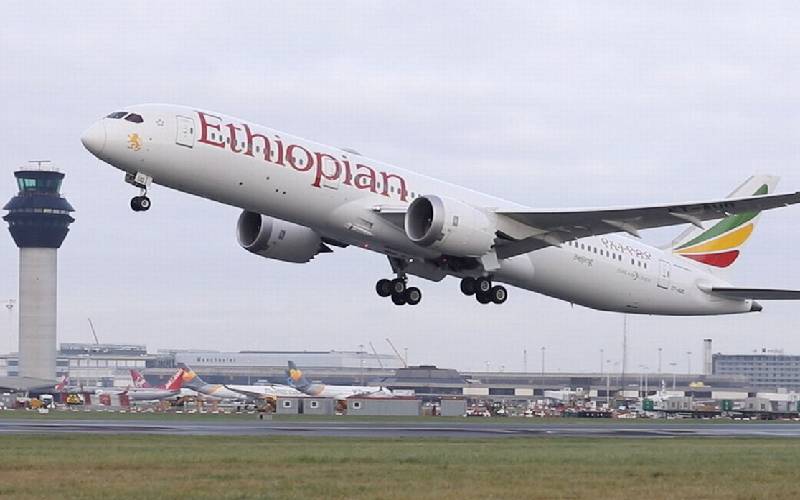×
The Standard e-Paper
Kenya’s Boldest Voice

The cockpit voice recorder and the digital flight data recorder from the Ethiopian Airlines plane that crashed on Sunday have both been recovered from the crash site, the airline said in a statement.